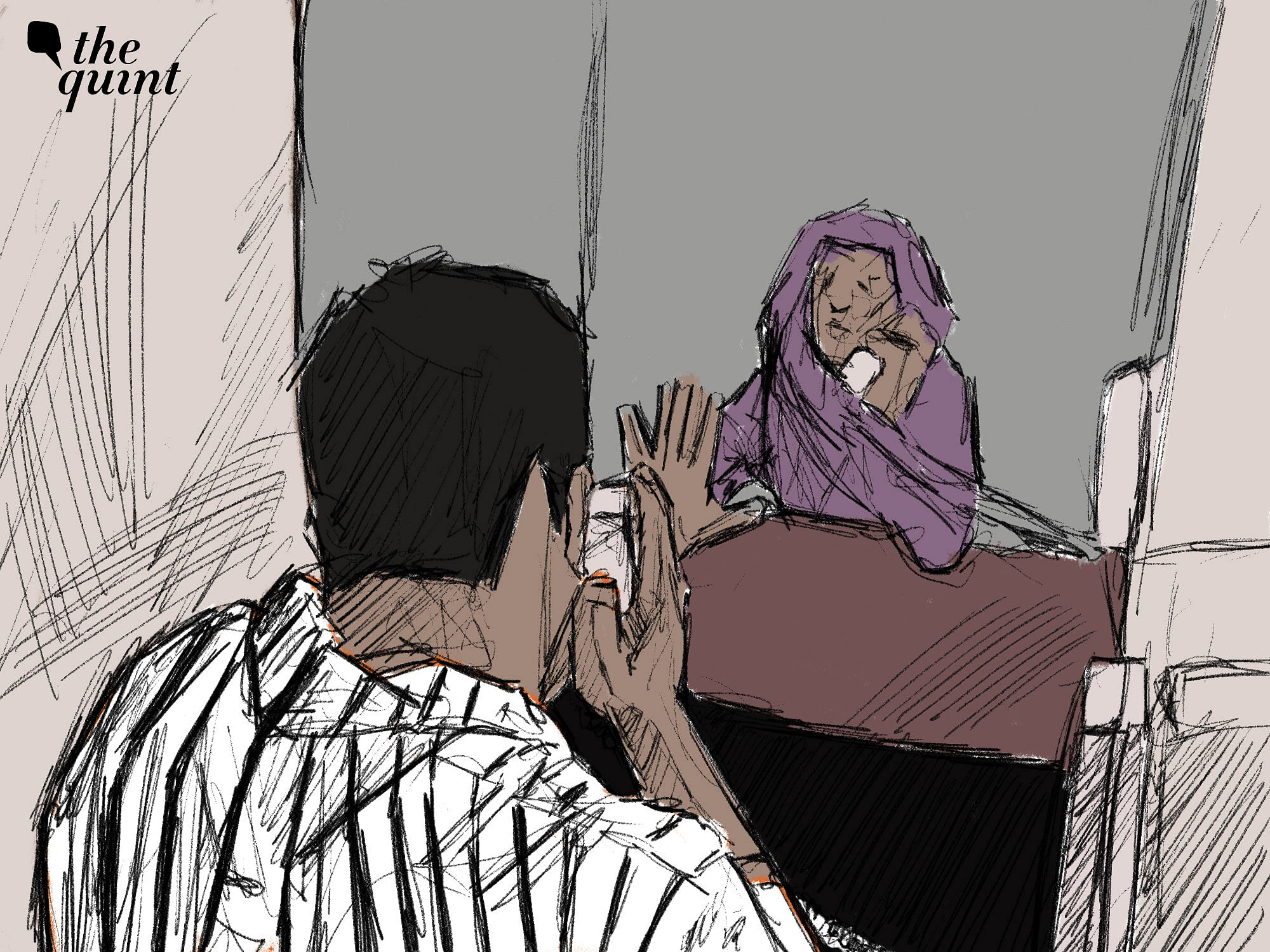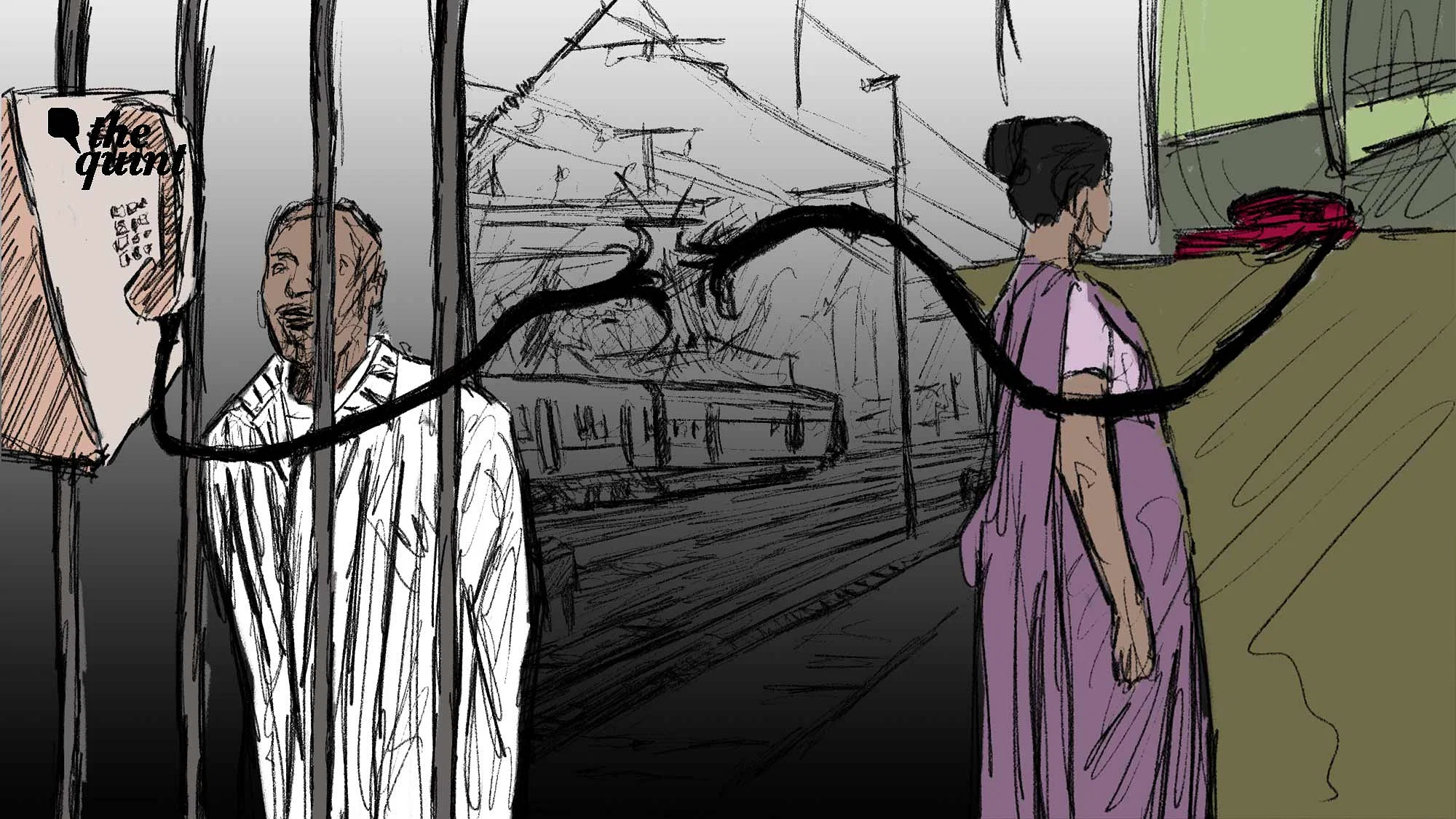‘Emotional Torture’: Why Don’t Indian Jails Give Inmates a Right to Phone Calls?
With pandemic restrictions easing, many states are once more taking away the option to call families and lawyers.
Dear Reader,
The Indian criminal justice system is plagued by apathy, indifference and indeed, injustice. This story is The Quint‘s effort to ensure that the many everyday tragedies of this system do not remain mere statistics. It’s the story of Archana, who will have to travel for eight hours and wait in line for as long, to meet her imprisoned brother Vinod for 5-7 minutes. Of Sahba, whose partner Gautam is an undertrial in a jail in a different part of the country, who will no longer be allowed to speak to him on the phone. Of countless families torn asunder by a carceral system that forgets it is dealing with human lives. Please support us by becoming a member and help us bring you the stories of India’s Criminal (In)justice System.
Regards,
Vakasha Sachdev
She would leave her house even before the crack of dawn.
It would begin with a train ride to Kurla. From there, another train to Thane. Here, she would get on the train to Pune. A rickshaw would take her to Yerawada.
The four-hour journey time meant she would miss the first window for registration, from 8:30-10 am. She would wait till 12:30 pm, when registrations opened again, standing in line in the milling crowd to get one of the limited slots available.
Then, it would be time for another wait, more hours spent waiting till her turn would come, trying to ignore the aches and pains that had begun to arrive with age even before the accident and operation that had laid her up for weeks.
Finally, her chance would come, and she would find herself seated across from her brother, phone receiver in each of their hands. She would say something, but he couldn’t hear her. He would say something back, but the instruments provided to them would be acting up as always.
The prisoners and visitors on either side would be having the same problem, voices rising desperately as they tried to make some sense of what the other was saying.
There was barely enough time to get a grasp of the devices, ask how they were, before it would be over.
And then it was time to go home. A four-hour journey, yet again, this time with the added cost of a taxi to get her to her doorstep, exhausted, at nearly midnight.
A whole day, gone. At least Rs 1,000 spent. All for five to seven minutes of indistinct conversation.





